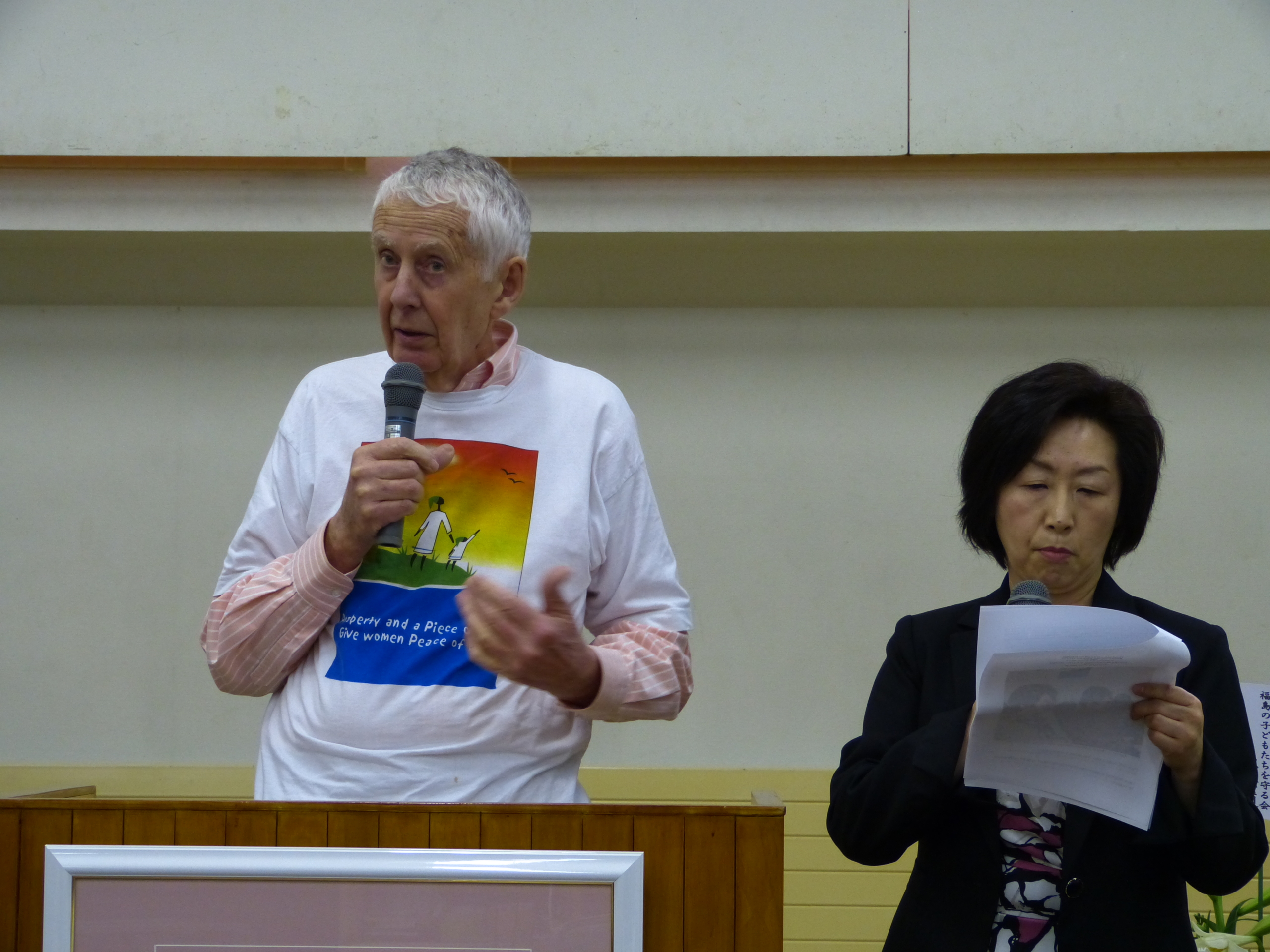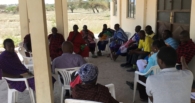Gender, Land and Snow in Utrecht
Robin Palmer
18 January 2013
/
- 0 Comments
I’ve always enjoyed conferences in the Netherlands – land grabbing in The Hague, land and law in Leiden, livelihoods in Amsterdam, and many more. So I decided to invite myself to the conference on Gender and Land Governance at the University of Utrecht, 14-15 January, and happily they accepted my invitation!
Utrecht is a very fine looking city, with an old university (established in 1636) and many canals. But heavy snow placed a major constraint on wandering about outside the confines of a heavily packed programme – 26 papers (all but four on Africa) in eight sessions, including customary tenure, titling, land acquisitions, post-conflict resettlement, contestations and policy evaluations. There was also a concluding policy debate panel.
The rationale for the conference was that ‘we are at an important juncture where many countries are experimenting with legislative change in land governance. It is imperative for the aims of social justice, equity, and poverty alleviation that gender perspectives inform these reforms.’
It was very much an academic conference with a healthy mix of young scholars working on, or having recently completed, their doctorates and more established academics. The majority were from mainland Europe. There were also representatives from civil society organizations in Ghana and Uganda, and from ActionAid, Landesa, KIT (the Royal Tropical Institute of the Netherlands) and FAO. At the end of the first day they were all given an opportunity to set out their stalls and for people to talk to them and pick up some of their literature.
Liz Daley had hoped to make it to Utrecht but wasn’t able to squeeze the time; we had a plan for me to present a paper which she and ILC’s Sabine Pallas have just submitted to the journal Feminist Economics for their forthcoming special issue on Land, Gender and Food Security, but that didn’t work out either. However, I was asked to chair the session on land acquisitions (aka land grabbing).
So I spoke about Mokoro, about the move of the Land Rights in Africa website from Oxfam to Mokoro and my belief that it is strong on both gender and land grabbing. I remarked that the literature on land grabbing was sorely deficient on gender with the striking exception of my colleague Liz Daley. Despite its weight, I also waved at the audience of about 100 a copy of an important new resource Liz helped draft for FAO, which was being published that very day, entitled Governing land for women and men. A technical guide to support the achievement of gender-equitable governance of land tenure. It was also just published online.
At the end of the day, FAO’s tenure specialist Francesca Romano was given the floor. She mentioned the Voluntary Guidelines on tenure and also the new technical guide, the first in a series of guides to support improved governance of tenure and the implementation of the Voluntary Guidelines. When the location of the policy booth desks was announced, it was stated that FAO’s would be on the far left. I responded that there must be some mistake.
2013 marks the 300th anniversary of the Treaty of Utrecht, which ended the War of Spanish Succession. I noted that it also marks the 10th anniversary of the workshop on Women’s Land Rights in Southern and Eastern Africa in Pretoria which I organized with Kaori Izumi of FAO and which gave birth, among other things, to Birgit Englert and Liz Daley’s Women’s Land Rights & Privatization in Eastern Africa (2008). I celebrated Kaori’s work, and said that she had been an inspiration to many and was a fine example of someone who had pushed out the boundaries of her job and made a real difference to people’s lives.
There were many very interesting presentations, and some less interesting number-crunching ones, but the structure of the room – long rows of chairs, fairly densely packed – tended to favour just questions and answers rather than any group discussion. Among the main themes raised were tenure, titling, custom, inheritance, land grabbing, the future of farming, how to implement laws and policies at different levels, community mapping, extra-legal means by which women access land, and the meaning of land.
In the course of a presentation on Mozambique, it appeared that the only people present at a delimitation of land between villages were men. This was certainly against the rules. Someone asked the researchers, who were present at the delimitation, why they did not intervene to protest. An interesting challenge! I had earlier made a point about researchers needing to say more about their own positions vis-à-vis those they were researching and also about how they thought they were perceived.
Helen Dancer, who is a practising barrister in family law in England and who has expressed an interest in working with Mokoro, gave a very interesting presentation, drawn from her recent Sussex PhD, on women’s legal claims to land in Tanzania. This she is hoping to publish as a book. She argued that women in Arusha generally only went to court as a weapon of last resort, usually over family conflicts, which often provoked violence. They were often not well informed about the land laws and she felt that the legal system on land was in many ways not really appropriate.
The vastly experienced Gaynor Paradza, from Zimbabwe but long based in South Africa, voiced her frustration about a collective failure to ‘grow the debate’ – she was hearing things she had heard many times before over many years. Maybe she also felt frustrated at the apparent lack, with the exception of Namibia, in making any serious progress in securing land rights for women.
The conference was held in the famous Academiegebouw (University Hall), a fine neo-Renaissance building close to the famous cathedral. On the first evening we enjoyed a candle-lit dinner in the room where students defend their PhD theses and professors deliver their inaugural lectures. The walls are adorned with portraits of hundreds of past university worthies, all men. The sole woman on view was Queen Beatrix. In the context of a conference on gender, I found myself wondering how a young woman defending her PhD might feel in such an environment.
You must be logged in to post a comment.



